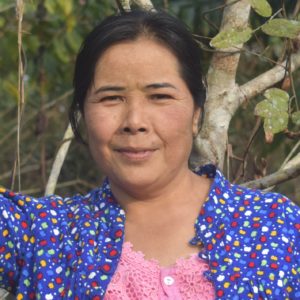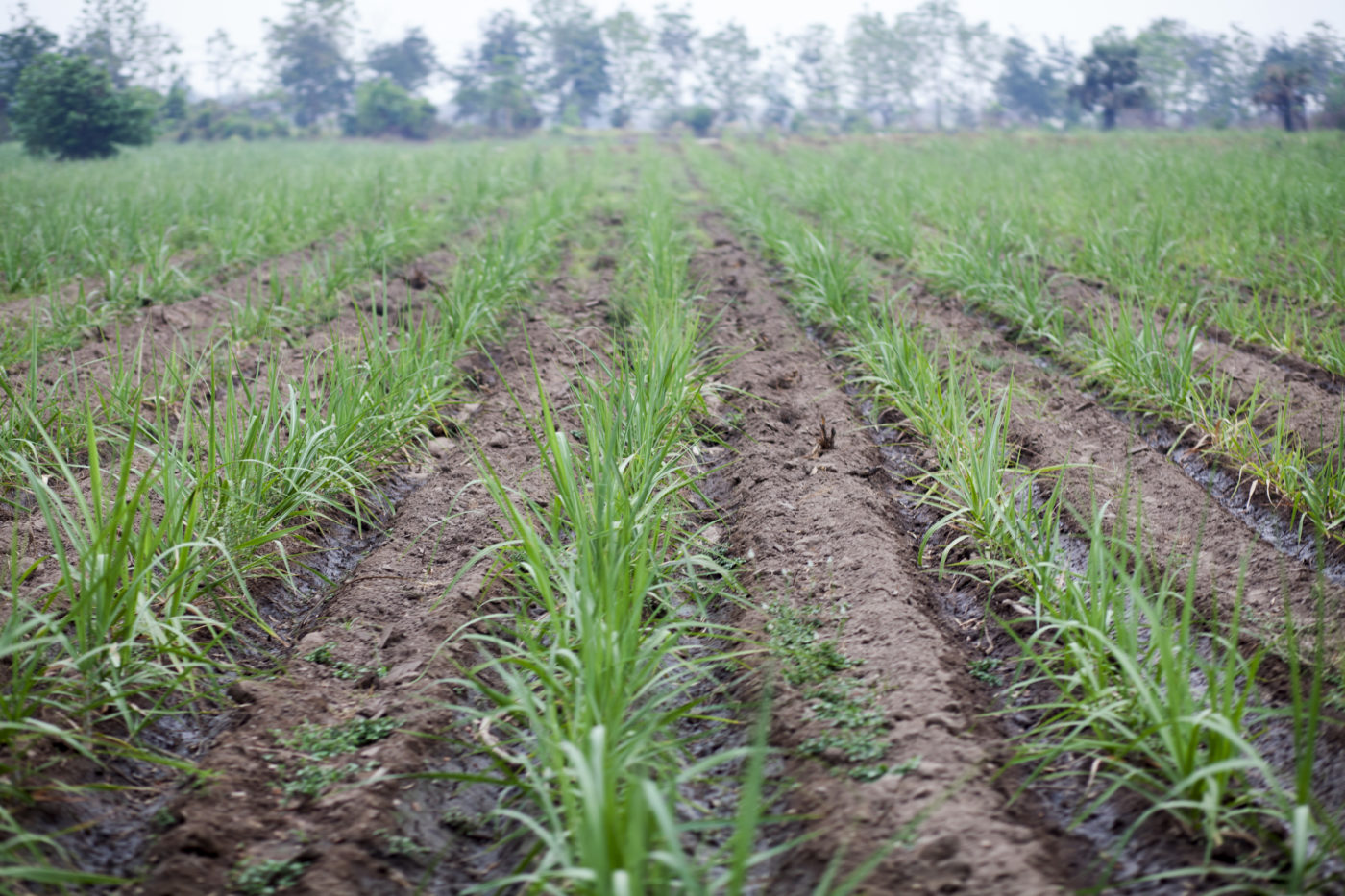Stories
Shifting Power: Female Farmer in Myanmar Secures the Release of Land Grabbed by the Military

Daw Nan Shan a farmer, mother, and grandmother.
Fifty-year-old Daw Nan Shan is a widow, a mother, a grandmother and a farmer. For 28 years she has supported her family by growing and selling vegetables in the village of Wan Wai in Eastern-Shan State, Myanmar. The land she farms has been in her family for generations and is registered in her name. But this didn’t stop the military from trying to take it.
In December 2016, the military called Daw Nan Shan and five others from her village to their outpost. The military told the farmers that they were planning to build a road to transport military goods and that the route would go through the farmers’ land. They demanded that the farmers sign a document stating that they voluntarily agree to give up their land to the military. The military promised that they would allow them to use the land once a year. The farmers refused to sign.
A week later, the military took their land anyway.
Daw Nan Shan found out when a neighbor came to inform her that tractors had entered her property. “I was so stunned that I couldn’t speak for a few minutes,” she recalls.
“When I came to my senses, I went to my farm and said ‘please don’t destroy it,’ and they replied saying: ‘This is inside the military area, and we have to do according to the order from above.’ I felt so sad seeing my crops destroyed. I had to concentrate on not crying as I foresaw my family’s future when we lose our farm.”
Land grabs are an enduring issue in Myanmar. Between the 1980s and early 2000s, when the country was under military rule, more than 500,000 acres were taken over by the military, government, and private companies.* Since the transition to quasi-democratic rule in 2011, the government has made significant national reforms to return and protect farmers’ lands, but land grabs by those with power still occur. And when they do, those affected are often unsure as to what can or should be done. They are not familiar with the new policies or what to do when they are not upheld. After decades of living under military rule, some are still afraid to speak out against those in positions of power.
Community paralegals working with Namati’s partners in Myanmar are helping farmers in seven states overcome these barriers to accessing justice. Trained in community education, negotiation, and mediation skills, community paralegals are assisting farmers to understand the law and use it to resolve a variety of land rights issues.
When the tractors evaded her farmland, Daw Nan Shan reached out to the community paralegal who served her village for help.
Sai Sein Win Htun works with Than Lwin Thitsar, a Namati partner organization. He, Daw Nan Shan, and the other five affected farmers started a collective case to get their grabbed land back.
Given that she knew a little Burmese, Myanmar’s official language, Daw Nan Shan took on the role of the ‘active client’, working closely with Sai Sein Win Htun and sharing what she learned with the other farmers involved.

Daw Nan Shan (right) with paralegal Sai Sein Win Htun
Daw Nan Shan and Sai Sein Win Htun’s first step was to write a complaint letter to the Township Land Management Committee. A week later, the Settlement and Land Record Department came to measure the land in question. It was an encouraging sign. But in the weeks and months that followed, they heard nothing, despite their persistent follow-up.
After five months, Daw Nan Shan and Sai Sein Win Htun submitted another complaint, this time to a higher office. Officials from a number of government departments and the military soon arrived to measure the land. Three days later, the clients received the news: the government declared that the military did not own or have a claim to any of the farmers’ land in question.
Six months after having lost it, Daw Nan Shan got her land back and with it, a new sense of power. “I didn’t have confidence before in going to see the government and raising my issue, but now I think I can do it.” And, she adds,
“I can share these experiences with others who are in need. If I ever have a similar experience again, I will be ready to face it. I am now aware that I shouldn’t be subjected to any injustice and that there are ways to tackle such situations.”
—
*The Parliamentary Land Investigation Committee has put the figure at more than 500,000 acres of land. Other estimates put this number in the millions of acres.
Story collected by Nwe Ni Soe and Tim Millar of Namati, and Sai Sein Win Htun of Than Lwin Thitsar

